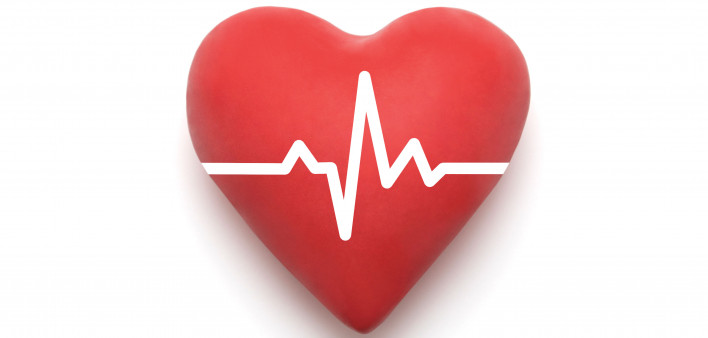HIV is associated with a high risk of various forms of cardiac dysfunction, according to a systematic review and meta-analysis of 63 reports from 54 studies that included 125,382 adults living with HIV.
Out of a pooled 12,655 cases of cardiac dysfunction diagnosed among the participants, 12% were left ventricular systolic dysfunction (LVSD, which often leads to heart failure), 12% were dilated cardiomyopathy (a weakened left ventricle compromises the heart’s pumping capacity) and 29% were Grades I to III of diastolic dysfunction (abnormalities in part of the heart’s pumping process).
Nearly 7% of the participants had clinical heart failure, which had a diagnosis rate of nine cases for each 1,000 cumulative years of study follow-up. Additionally, 11.5% of the cohort had one of the various forms of pulmonary hypertension, and 8% had some type of ventricular dysfunction.
The researchers identified a trend in which studies that reported a higher rate of antiretroviral treatment or a lower AIDS diagnosis rate had a lower LVSD rate—suggesting that effective HIV treatment mitigates the risk of the condition. Diagnoses of the condition were less common in more recent studies.
“Our study highlights that heart failure is an important complication of HIV,” says the study’s lead author, Sebhat Erqou, MD, PhD, a cardiologist at the Providence VA Medical Center in Rhode Island. “Maintaining consistent medical follow-up can help in early identification and treatment of the disease for people living with HIV.”







Comments
Comments